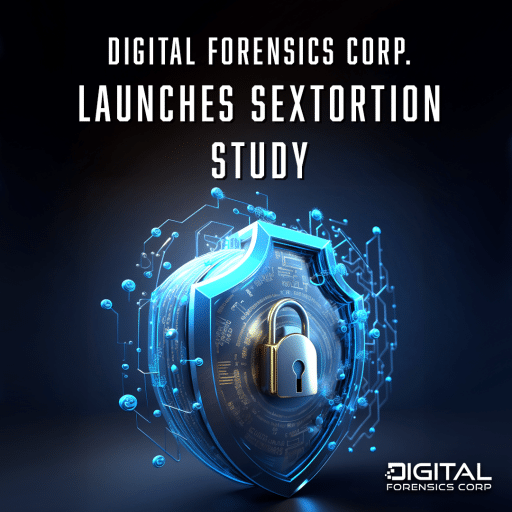Cybercrime is happening more frequently these days, according to the FBI’s Internet Crime Complaint Center.
The IC3 reports an increase in extortion attempts received via email and postal mail, often using the victim’s specific user information to add authenticity. The “recipient’s personal information is noted in the email or letter to add a higher degree of intimidation to the scam. For example, a recipient’s user name or password is provided at the beginning of the email or letter,” the FBI reports.
Often, the recipient of these blackmail attempts is accused of visiting adult websites, cheating on a spouse or being involved in other compromising situations. The extortionist threatens to share compromising information with a spouse, co-workers or others unless a ransom is paid, usually in difficult to trace bitcoin.
How Can You Protect Yourself? Tips from the FBI
- Don’t open email or attachments from unknown individuals.
- Monitor your bank account statements and your credit report regularly for signs of fraudulent activity.
- Do not communicate with unsolicited email senders.
- Do not store sensitive or embarrassing photos of yourself online or on your mobile devices.
- Use strong passwords and don’t use the same password for multiple websites.
- Never provide personal information of any sort via email. Be aware that many emails requesting your personal information appear to be legitimate.
- Ensure security settings for social media accounts are turned on and set at the highest level of protection.
- When providing personally identifiable information, credit card information or other sensitive information to a website, ensure the transmission is secure by verifying the URL prefix includes https, or the status bar displays a “lock” icon.
How to Report a Crime
If you believe you have been a victim of this scam, you should reach out to your local FBI field office and file a complaint with the IC3. Please provide any relevant information in your complaint, including the extortion email with header information and bitcoin address if available.
Click here to learn about our services for victims of cyber harassment or online blackmail.
DISCLAIMER: THIS POST IS FOR INFORMATIONAL PURPOSES ONLY AND IS NOT TO BE CONSIDERED LEGAL ADVICE ON ANY SUBJECT MATTER. DIGITAL FORENSICS CORP. IS NOT A LAWFIRM AND DOES NOT PROVIDE LEGAL ADVICE OR SERVICES. By viewing posts, the reader understands there is no attorney-client relationship, the post should not be used as a substitute for legal advice from a licensed professional attorney, and readers are urged to consult their own legal counsel on any specific legal questions concerning a specific situation.







